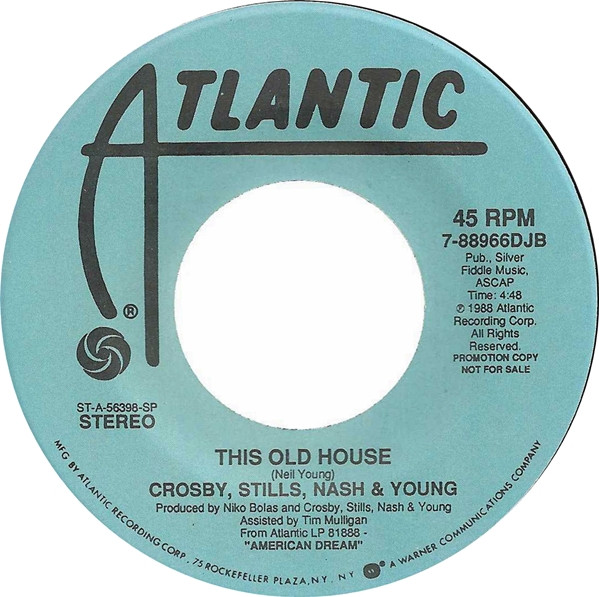To be clear, negative inflation rates do not necessarily portend a deflationary spiral; they are used as an instrument to drum up inflation. Japan and some European countries have tried it. Some economists have suggested using negative inflation rates to avoid what's called a
Liquidity Trap, although, it is a poorly studied economic concept relative to other ones, partially because, until about 2016, no one had really tried it so it was all just theory.
But think about it: if you make it such that keeping your money in the bank costs you money, you're more likely to spend it or invest it. The potential upside: actual consumerism driving demand to juice a stagnant or shrinking economy. A potential downside (beyond the obvious of hurting savers/retirees, etc.) is that you may just inflate the price of stocks, bonds, and other assets without any real addition to their value (some would argue that's already happening in our current inflationary environment).
I'll have to read the article about how digital currencies could lead to negative inflation rates.
Edit, I see it's behind a paywall. What's the TLDR? Because of less demand for cash, we have deflation in USD, thus interest rates go to zero or below in order to prop up demand for cash (by basically forcing it to be spent)? I personally think it's a bit of a stretch. I also think the hype over crypto is overblown. My questions that I never get good responses from the disciples of crypto currencies are (but I am open minded to good answers):
- Explain to me how this is different than FOREX trading/speculation?
- Explain to me how this isn't the lesser/greater fools' theory in action?
- If you think there is a fixed number of a specific currency (which I understand there is) which you think is the root solution of ending inflation (which it isn't), then what happens when new currencies enter the market like Doge Coin, Ethereum, and other non-bitcoin competitors? Now they are different currencies, but in theory, if they just announce they will fix their end fixed value to the same as another, then you've doubled the amount of crypto currency available without an underlying increase in actual value?
- What societal problem does this solve compared to investing in a company that does solve a problem that people pay that company to do or manufacture?
4.a. The answer I usually get is the idea of secure, nearly instant, and anonymous transactions, to which I would respond, "no, that's not the crypto, but that's blockchain techonology. What makes you thinks banks and clearing houses won't adopt blockchain technology in the future? Did you know that ACH is restricted more by government regulation than it is by actual technical limitations in transferring between banks? (In fairness, the ACH limitations were put in place by the government largely due to lobbying by smaller banks who are priced out from upgrading their technology to make nearly instant bank transfers possible.)

